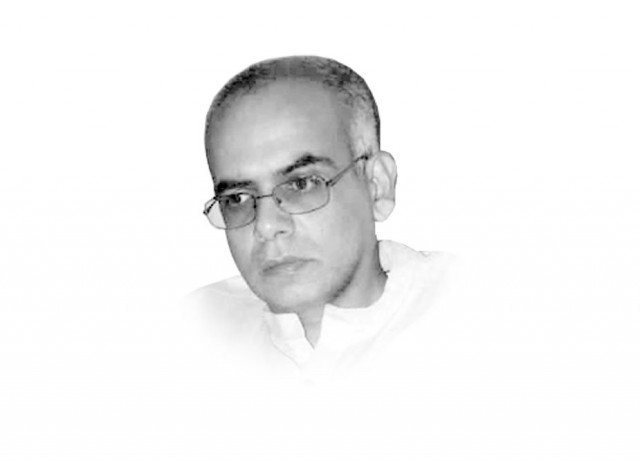Assessing PTI’s vision for education
There are many radical suggestions within the proposed policy vision which merit attention.

The writer is a development consultant and a PhD student at the University of Melbourne
syed.ali@tribune.com.pk
The PTI has termed the use of English by elite schools to be a vestige of cultural imperialism, which causes cultural and social divisions. It acknowledges that English is an international language, which should be taught as a subject but not used as a medium of instruction. Instead, the PTI wants to declare the mother tongue and/or Urdu to be the medium of instruction for not only public but also private schools up to class eight. The criteria for schools optioning for use of a regional instead of the national language as the medium of instruction is, however, not clear at present, but allowing schools to easily opt for use of regional languages would be a step in the right direction. However, allowing government schools to teach in regional languages in areas where Urdu, let alone English, is not widely spoken is one thing, but expecting private schools, which are preparing children to compete in internationally administered examination systems, is a different matter. This would have implications for Pakistan’s integration in the global economy.
The PTI has, at least, assured that it will not ban internationally recognised exam systems and that English is to be used as the medium of instruction for professional/higher studies, until an Urdu curriculum has been developed for these degrees within five years. The PTI hopes to make its standardised national curriculum to be of a high international standard, lest this happens, Pakistani students would have a tough time pursuing education abroad and competing for jobs internationally.
The PTI intends for provincial governments to set up curriculum committees capable of devising uniform curricula and examination systems for all government and private schools. Desiring these committees to produce curricula and examination systems comparable with global standards seems a tall order, given the state of examination boards and the problems of updating and revising syllabi and textbooks.
The PTI wants to bring madrassa students into the mainstream by a mix of inspiration and incentives, which again is a bit vague. There is no mention of the need for removing myopic aspects included in the madrassa curriculum.
Some good suggestions are put forth with regard to making special provisions for marginalised communities and providing boarding school facilities for higher studies at the tehsil level. These ideas are more feasible than pumping money into a handful of Danish schools in Punjab for instance, which strive to become “Aitchisons of the poor.”
The PTI’s plans for adult literacy and vocational training lack sufficient detail. It would be good to see its education advisers pay attention to these gaps in case it does get a chance to put its vision into practice.
Published in The Express Tribune, March 4th, 2013.















COMMENTS
Comments are moderated and generally will be posted if they are on-topic and not abusive.
For more information, please see our Comments FAQ